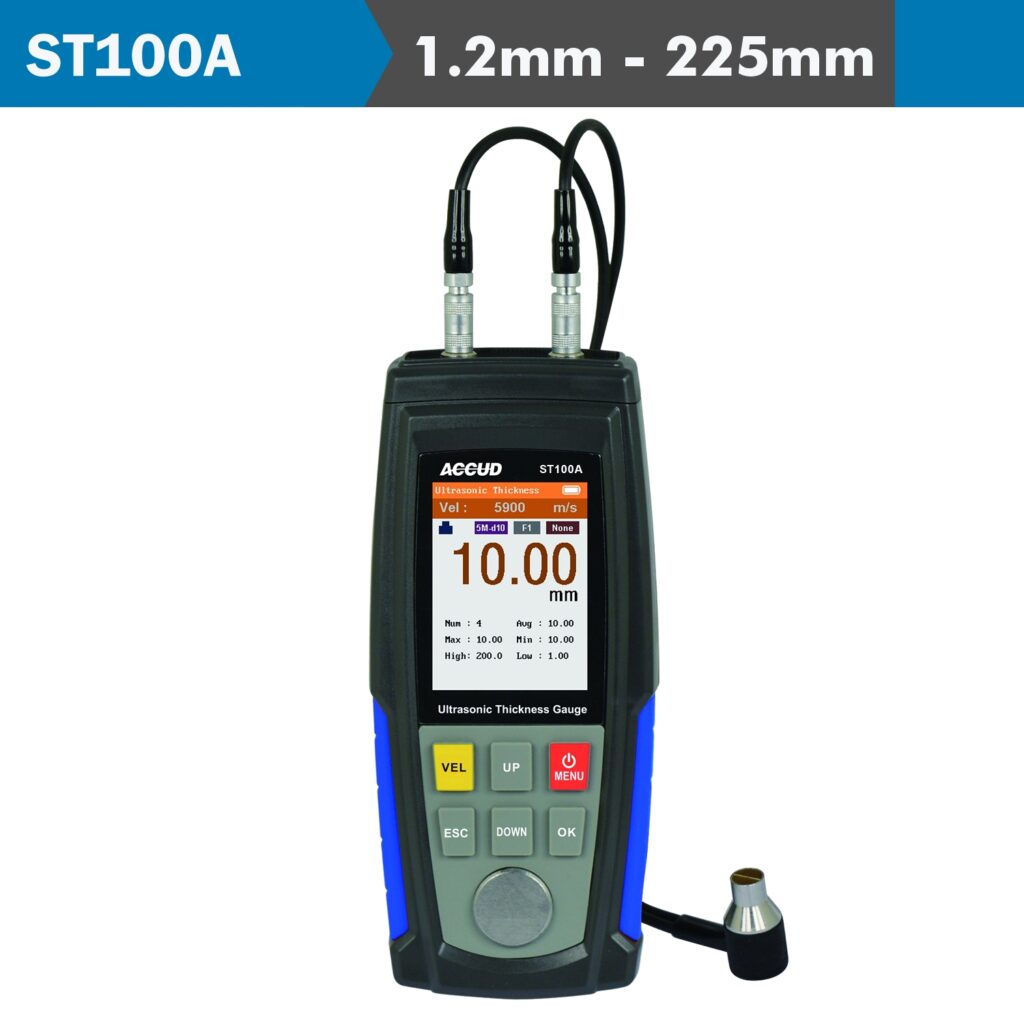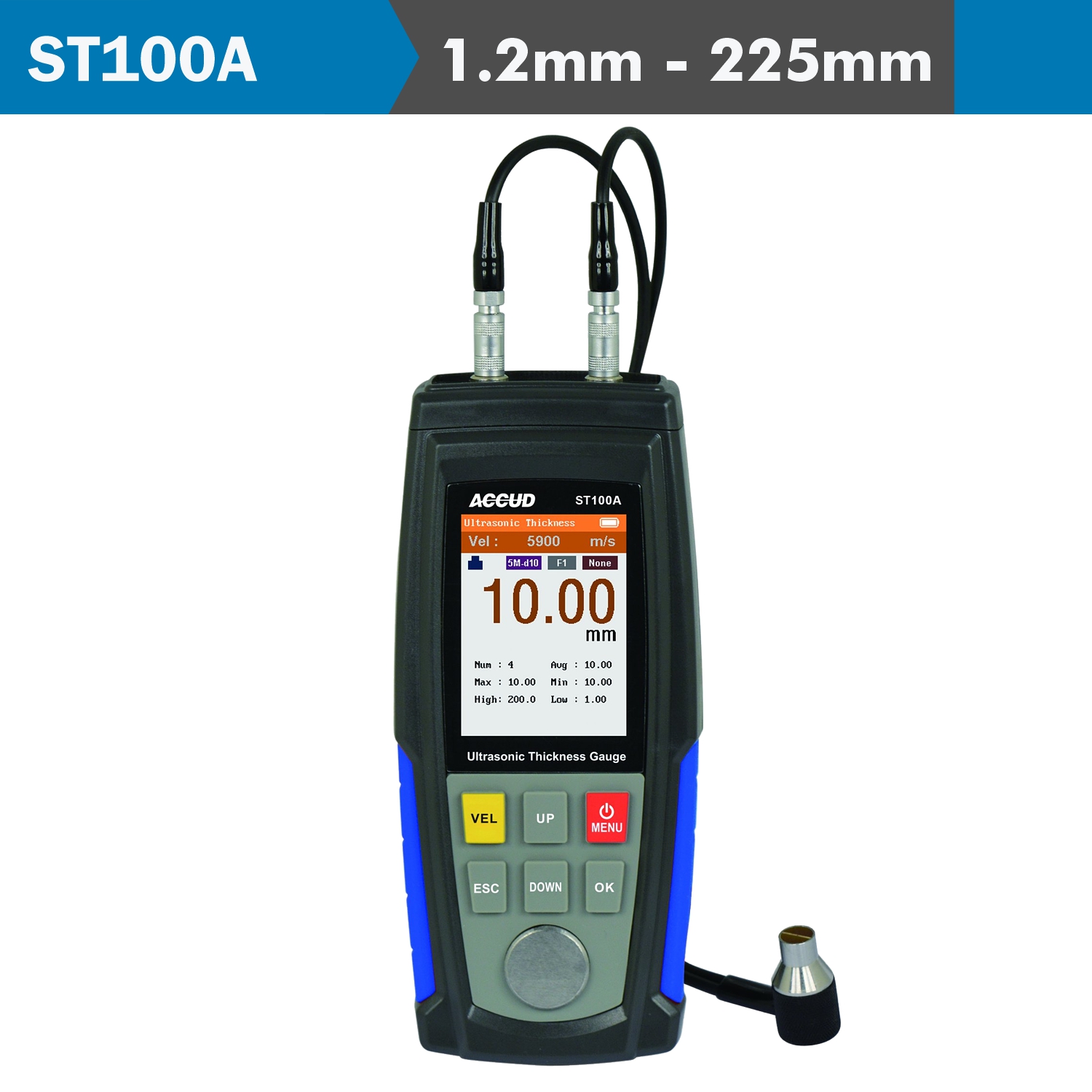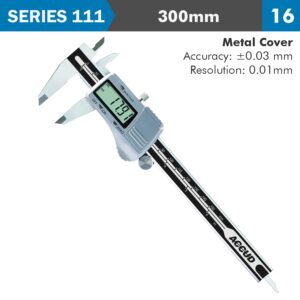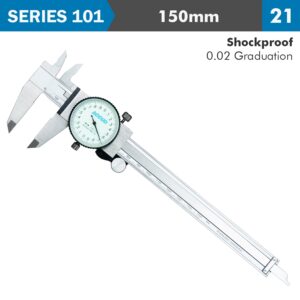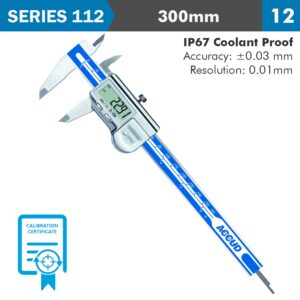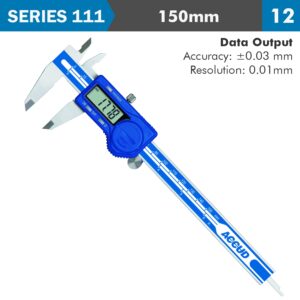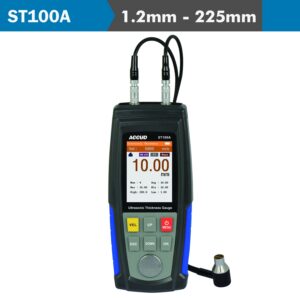Ultrasonic Thickness Gauge Model ST100A range 1.2 – 225mm
ST100A
ST100A
An ultrasonic thickness gauge is a device used to measure the thickness of
materials using ultrasonic waves. It is commonly employed in industries like
manufacturing, metalworking, shipbuilding, and aerospace to non-destructively
measure the thickness of materials such as metals, plastics, composites, glass,
and ceramics.
Applications:
- Industrial Inspection: Ultrasonic thickness gauges are
commonly used to inspect the thickness of pipelines, tanks, boilers, and
other equipment to detect corrosion or wear. - Aerospace and Automotive: Used to measure the thickness
of materials in aircraft, cars, and other vehicles to ensure safety and
integrity. - Manufacturing: In production lines, ultrasonic gauges
ensure materials like plastic, rubber, and metal components are of the
correct thickness. - Shipbuilding: Critical for checking the thickness of
ship hulls and other structural components exposed to harsh marine
environments.
Advantages:
- Non-Destructive: Measurements can be made without
damaging or altering the material. - Versatile: Can measure a wide range of materials, from
metals to plastics. - Precise: Offers high accuracy and repeatability, making
it reliable for quality control and safety inspections.
Limitations:
- Surface Preparation: The surface needs to be clean, and
sometimes a coupling gel is required to ensure proper contact between the
transducer and the material. - Material Dependency: The speed of sound varies between
materials, so the device must be calibrated for the specific material being
tested.
An ultrasonic thickness gauge is a powerful tool for maintaining the
structural integrity of equipment and ensuring product quality without damaging
the workpiece.

